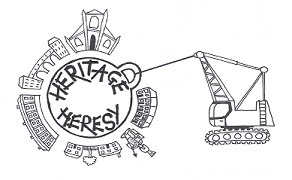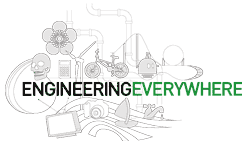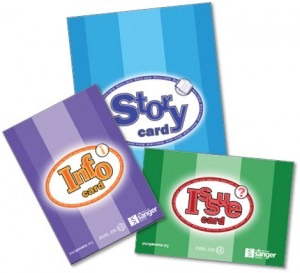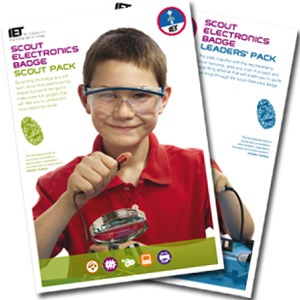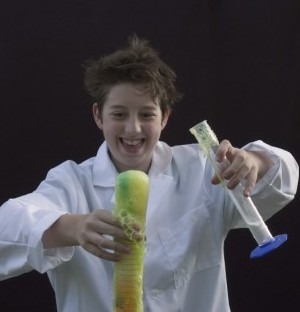If there were pills that could make you smarter, would you take them?
Smarter UK is a facilitated classroom debate for 13-16 year-olds that explores the ethical implications of using drugs for cognitive enhancement.
Resources for teachers are available from
www.graphicscience.co.uk/SmarterUK
Smarter UK was funded by the Wellcome Trust and sessions took involved over 7,000 students in Bristol, Cardiff, Cambridge, Glasgow and Oxford between autumn 2011 and spring 2013.
Session format
Sessions, which were delivered by professional science presenters and supported by a neuroscientist, start with a sketch where two executives discuss an advertising campaign for a new smart drug. This introduces the key issues.
Students then discuss the ethics of cognitive enhancement in “Vote with Your Feet”. The classroom is marked out with a continuum of opinion from “yes” through “not sure” to “no”. In response to a question, students have to distribute themselves along this line, each standing at the point that best represents their opinion. This provides young people with the opportunity to consider the varied and complex issues associated with human enhancement.
Evaluation
The project was evaluated by David Shakespeare from Square2Learning.
90% of students who took part in the evaluation said the session was interesting, over 80% agreed that the session was enjoyable and more than 65% said they wanted to learn more about the topic.
Comments included: “Amazing please come back”, “Very enjoyable – like to learn more like this”, “I learnt about things I hadn’t really thought about before” and “Makes me want to learn more about neuroscience”
Full evaluation report
We have also written our own end of project report which contains reflections from ourselves, our delivery partners and some of the neuroscientists involved with the project.
Graphic Science final project report
Smarter was piloted in Bristol and Glasgow in 2009. To find out more about the pilot please visit the Smarter page.
Delivery Partners
The delivery partners for Smarter UK are listed below. Teachers interested in holding Smarter UK sessions should contact their closest delivery partner.
Bristol: Explorer Dome
Ben Brown or Shaaron Levermont
Explorer Dome
Mailbox 42
179 Whiteladies Road
Bristol BS8 2AG
Tel: 0117 914 1526
Email: ben@explorerdome.co.uk or shaaron@explorerdome.co.uk
Cambridge: The Naked Scientists
Dr Hannah Critchlow
Naked Neuroscience
Naked Scientists
Department of Pathology
Cambridge University
Tennis Court Road
Cambridge
CB2 1QP
Tel: 07846 168684
Email: hmc39@cam.ac.uk
Cardiff: science made simple
Becky Holmes
School of Physics and Astronomy
Cardiff University
14-17 The Parade
Cardiff
CF24 3AA
Email: becky@sciencemadesimple.co.uk
Tel: 02920 876 884
Edinburgh: Glasgow Science Centre
Susan Meikleham
Glasgow Science Centre
50 Pacific Quay
Glasgow
G51 1EA
Email: susan.meikleham@glasgowsciencecentre.org
Tel: 0141 420 5010 ext 234
Oxford: Science Oxford
Bridget Holligan
Science Oxford Live
1-5 London Place
Oxford
OX4 1BD
Email: Bridget.Holligan@scienceoxford.com
Tel: 01865 810020
Advisory Panel
Development of the Smarter UK sessions and resources has been overseen by an advisory panel comprised of:
- Professor Barbara Sahakian, University of Cambridge (Chair)
- Dr Anne Cooke, University of Bristol
- Dr Hannah Critchlow, University of Cambridge
- Nick Hillier, Academy of Medical Sciences
- Bridget Holligan, Science Oxford
- Katherine Mathieson, British Science Association
- Jon Walford, Chew Valley School
